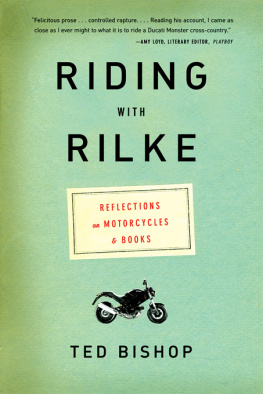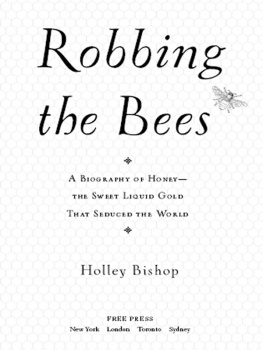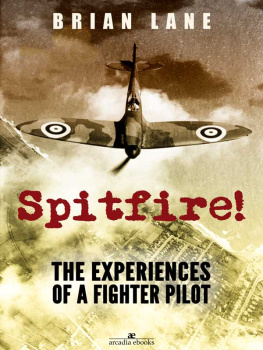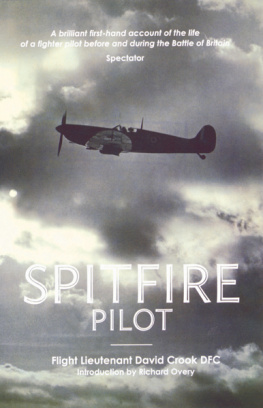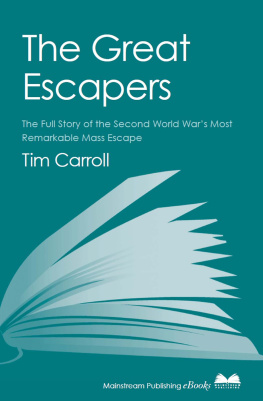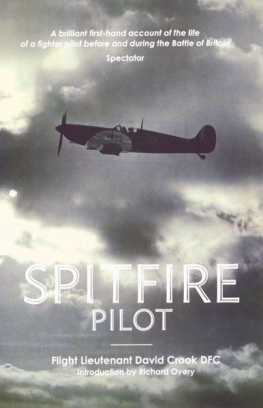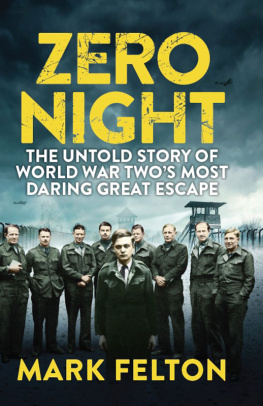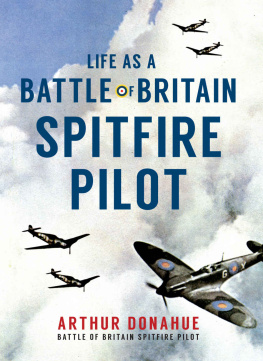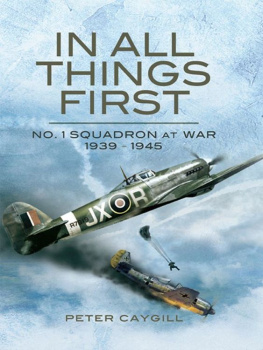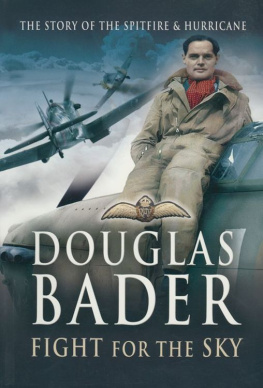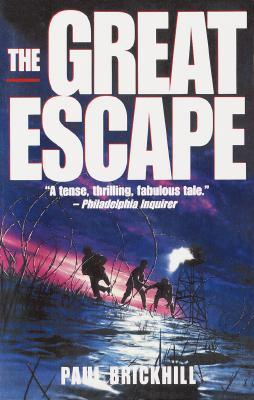THE COOLER KING
Also by Patrick Bishop
NON-FICTION
The Reckoning
Wings
Target Tirpitz
Ground Truth
Battle of Britain
3 Para
Bomber Boys
Fighter Boys
The Irish Empire
The Provisional IRA
The Winter War
FICTION
Follow Me Home
A Good War

First published in hardback in Great Britain in 2015 by
Atlantic Books, an imprint of Atlantic Books Ltd.
Copyright Patrick Bishop 2015
The moral right of Patrick Bishop to be identified as the author of this work has been asserted by him in accordance with the Copyright, Designs and Patents Act of 1988.
All rights reserved. No part of this publication may be reproduced, stored in a retrieval system, or transmitted in any form or by any means, electronic, mechanical, photocopying, recording, or otherwise, without the prior permission of both the copyright owner and the above publisher of this book.
1 2 3 4 5 6 7 8 9
A CIP catalogue record for this book is available from the British Library.
Hardback ISBN: 978-1-78239-022-0
E-book ISBN: 978-1-78239-024-4
Paperback ISBN: 978-1-78239-025-1
The publisher and author wish to thank the following for permission to reproduce copyright material: Under the Wire by William Ash with Brendan Foley, published by Bantam Press, reprinted by permission of The Random House Group Limited; A Red Square by William Ash, published by Howard Baker, reprinted by permission of the Estate of William Ash and Brendan Foley; Reach for the Sky by Paul Brickhill, published by Weidenfeld and Nicolson, reprinted by permission of the authors estate; Moving Tent by Richard Passmore, extract reprinted with thanks to Thomas Harmsworth Publishing; A Gallant Company by Jonathan F. Vance, published by Pacifica Military History, reprinted by permission of the author. Every effort has been made to trace or contact all copyright holders. The publishers will be pleased to make good any omissions or rectify any mistakes brought to their attention at the earliest opportunity.
Text design by Richard Marston
Printed in Great Britain
Atlantic Books
An Imprint of Atlantic Books Ltd
Ormond House
2627 Boswell Street
London WCIN 3Jz
www.atlantic-books.co.uk
To Nina
ACKNOWLEDGEMENTS
I would like to thank Bill Ashs widow Ranjana Sidhanta and his friend and collaborator Brendan Foley for generously allowing me to quote from his publications and reproduce photographs from his early years. I am also grateful to Juliet Ash for sharing memories of her father and to Betty Barthropp for talking to me about her late husband Paddys friendship with Bill. The staffs of the National Archives, the Imperial War Museum, the London Library and the Bishopsgate Institute were helpful and efficient.
The work has been made easier and more pleasurable by the professionalism of the Atlantic team, in particular my editor James Nightingale and copyeditor Will Atkins who saved me from many errors.
I would also indebted to my friend Annabel Merullo for shepherding the project through, from inception to realization.
ILLUSTRATIONS
SECTION ONE
The house where the Boulanger family once had their estaminet. (Patrick Bishop)
SECTION TWO
)
)
The real escaper is more than a man equipped with compass, maps, papers, disguise and a plan. He has an inner confidence, a serenity of spirit which make him a Pilgrim.
Airey Neave, Colditz escaper
PROLOGUE
The Spitfire slithered to a halt. For a few seconds he savoured the wonderful silence. He opened his eyes. Framed in the windshield in front of his face was the outline of a church tower. The church seemed to be upside down. He realized that he was hanging, inverted by the straps of his safety harness. He felt for the triangular release catch, pressed, and slumped onto the soft earth. He had jettisoned the perspex canopy just before the landing. It made getting out a lot easier. He could smell petrol and hear the tick of hot aluminium. He knew what was likely to come next: a sickening whoompf and an explosion of flame. He wriggled through the gap between the humped fuselage and the ground, rolled clear and staggered upright. He raised his arms and cautiously clenched and unclenched his hands. Amazingly, he felt OK.
He looked back at the wreckage of the Spitfire, which lay there like a spent comet, trailing a long tail of churned dirt. A thought floated through his head, something they drummed into him during training: In the case of a crash landing in hostile territory it is vital to ensure that your aircraft does not fall intact into enemy hands. There was no danger of that. The airframe was bent, the wings were torn from their roots and the propeller blades twisted like wrought iron.
The sound of an aeroplane engine made him look up. One of the German fighters was circling, checking whether he had survived the crash. He felt the pilots eyes locking onto him and looked around frantically for somewhere to hide. Across the field lay the church and a line of houses. The pilot would be radioing back to his base at Saint-Omer, reporting the Spitfires last resting place. He set off, jogging across the furrows towards the cover of the village. The heavy clay stuck to his boots, turning his limbs to lead, as if he was running in a nightmare.
The village had just a single street. The houses either side were low and built of dull red brick with thick wooden shutters framing the windows. It was two oclock in the afternoon yet nobody was about. The place was as deserted as a ghost town in his native Texas. The German plane had cleared off, its engine note fading to a distant pulse. The silence that followed felt sinister. It was broken by a rusty creaking. The front door of one of the cottages opened. In the doorway stood a little girl, about nine or ten years old, he guessed. She stepped forward, beckoning to him.
He took a few paces back. It seemed wrong to involve her in his drama. Yet she kept walking towards him, holding out her hand. Instinctively he reached out and took it. She turned round and led him towards the house.
The door shut behind him. He was in a small, dim room. In the gloom he made out the shape of a woman, youngish and attractive, with a sad, kind face. She smiled and beckoned him to follow her as she climbed the stairs.
He tried to remember some of the little French he had learned at school and could only come up with bonjour. He felt a need to talk, to explain who he was, although it must have been obvious, speaking urgently in English, even though it was clear she didnt understand a word. She pressed a finger to her lips and he got the message and shut up. Then she tugged at his tunic, opened a wardrobe and pulled out a mans jacket and some trousers her husbands? Her brothers? He stifled the impulse to ask.
He took off his flying jacket and boots. As he went to pull down his trousers, he saw mother and daughter watching him, and a foolish spurt of modesty made him hesitate. The woman jabbed a finger at the window, motioning for him to hurry before the Germans arrived. He dropped his trousers and pulled on the new pair. They were a bit short but otherwise OK. The little girl clapped. The black jacket was a tight fit but it would have to do. The woman reached again into the wardrobe and bought out a pair of boots and some wooden clogs. He chose the clogs, thinking they would look more authentic. A few seconds later he was regretting it as he clopped unsteadily back down the stairs.



